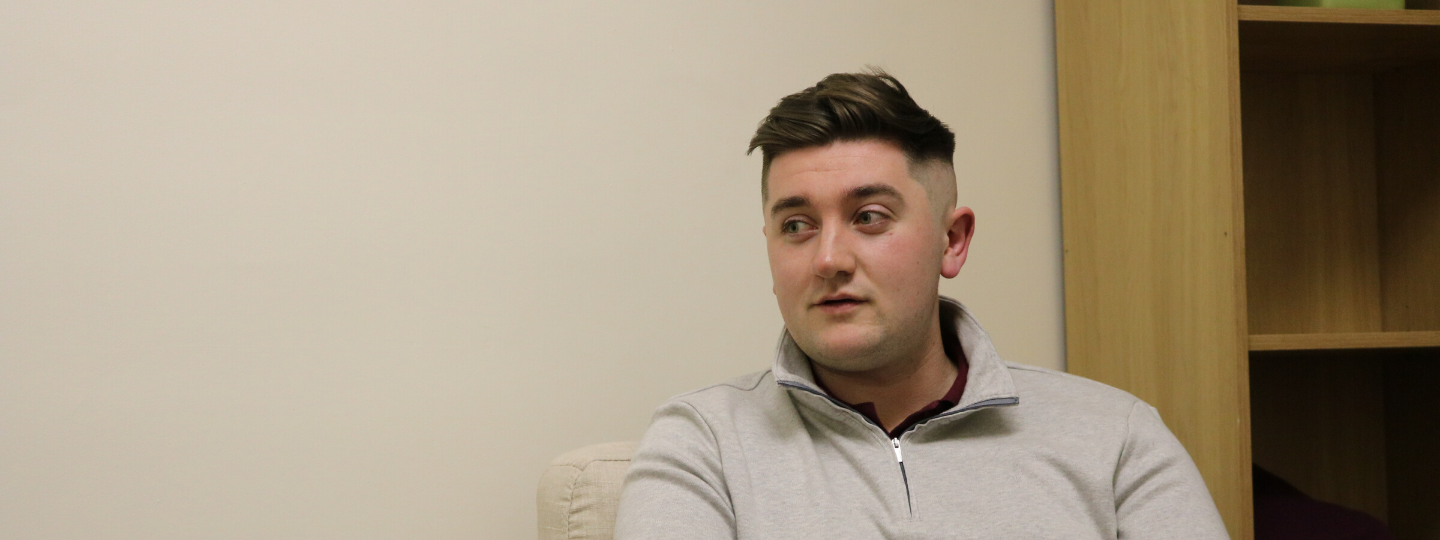Ireland has a reputation as being a country of drinkers. It can be difficult to socialise without feeling pressured to having a drink, or three. Some people use alcohol as a crutch to help get to sleep or deal with stress, especially during the pandemic where those experiences are more common.
We know from our recently published My World Survey, young people who do drink are consuming amounts that are damaging to their health.
There are many reasons to choose to drink alcohol. We may feel more relaxed or sociable, enjoy the taste, or other people are drinking. Whatever your reason for drinking, be aware of the amount of alcohol you consume. Make sure you know how it can impact negatively on your mental and physical health.
In this article, you will find:









